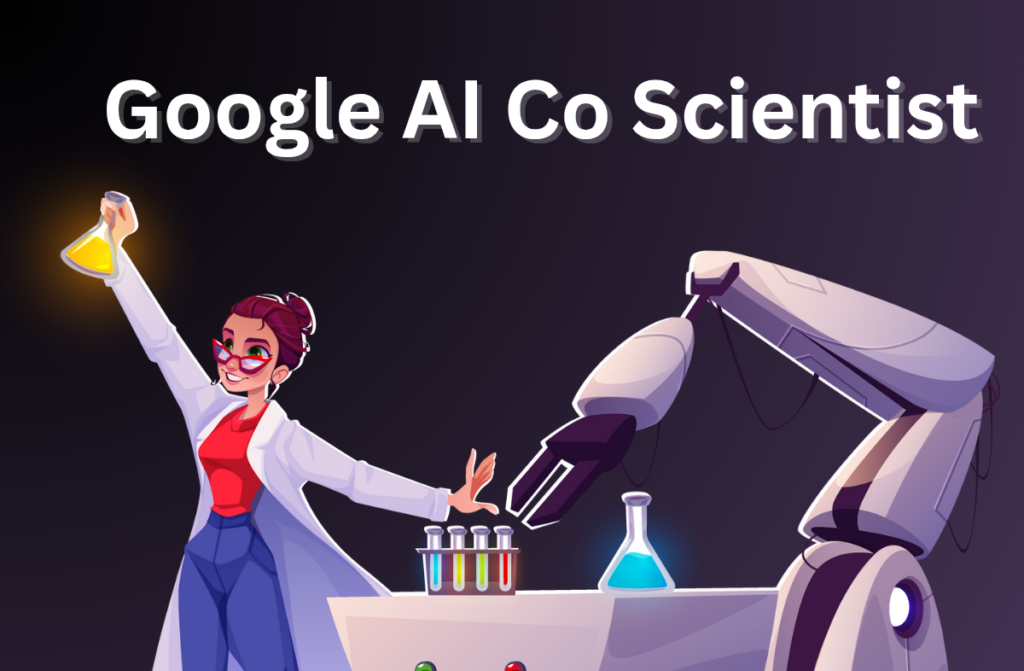
Google has launched an AI-powered research assistant that promises to speed up breakthrough scientific discoveries.
This new system, which combines multiple AI agents to tackle complex scientific challenges, could help scientists solve problems in days that previously took months or years to crack.
From finding new drug treatments to understanding gene behavior, this AI assistant is set to become a game-changer in the scientific community.
What Is Google AI co-scientist?
Google has unveiled an exciting new AI tool that works like a digital research partner for scientists.
This AI assistant, built on their latest Gemini 2.0 technology, helps researchers make discoveries faster in fields like medicine and genetics.
How Does It Work?
The system uses six different AI agents that tackle research problems from multiple angles at once.
Some AI agentss come up with new ideas, while others check if these ideas make sense and could work in real life.
Key Features
-
Team of six specialized AI agents working together
-
Ability to generate new research hypotheses
-
Built-in validation system to check ideas
-
Can handle complex scientific problems across different fields
-
Powered by Google’s advanced Gemini 2.0 technology
Early Results
Tests at top universities like Stanford and Imperial College show impressive outcomes:
-
Found new ways to use existing drugs
-
Discovered gene transfer mechanisms in days
-
Achieved over 80% accuracy on expert-level problems
-
Outperformed both existing AI systems and human experts
How to Access It
Currently, Google is rolling out access through their Trusted Tester Program. They’re carefully selecting research organizations worldwide to try the system across different scientific fields.
Google AI co Scientist
Why It Matters
This launch is particularly significant as it follows OpenAI CEO Sam Altman’s prediction that newer AI systems would start making real scientific discoveries.
Google’s new tool shows we’re entering a new age where AI won’t just help with basic tasks – it will work alongside scientists to push the boundaries of human knowledge.
Future Impact
Scientists might soon find this AI assistant as essential as their lab equipment, marking a big change in how we make scientific discoveries.
While we’re still in the early days, this technology could help unlock medical breakthroughs and scientific advances faster than ever before.
